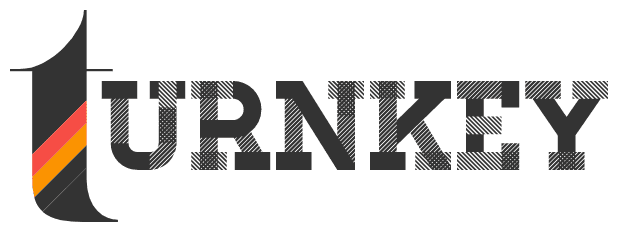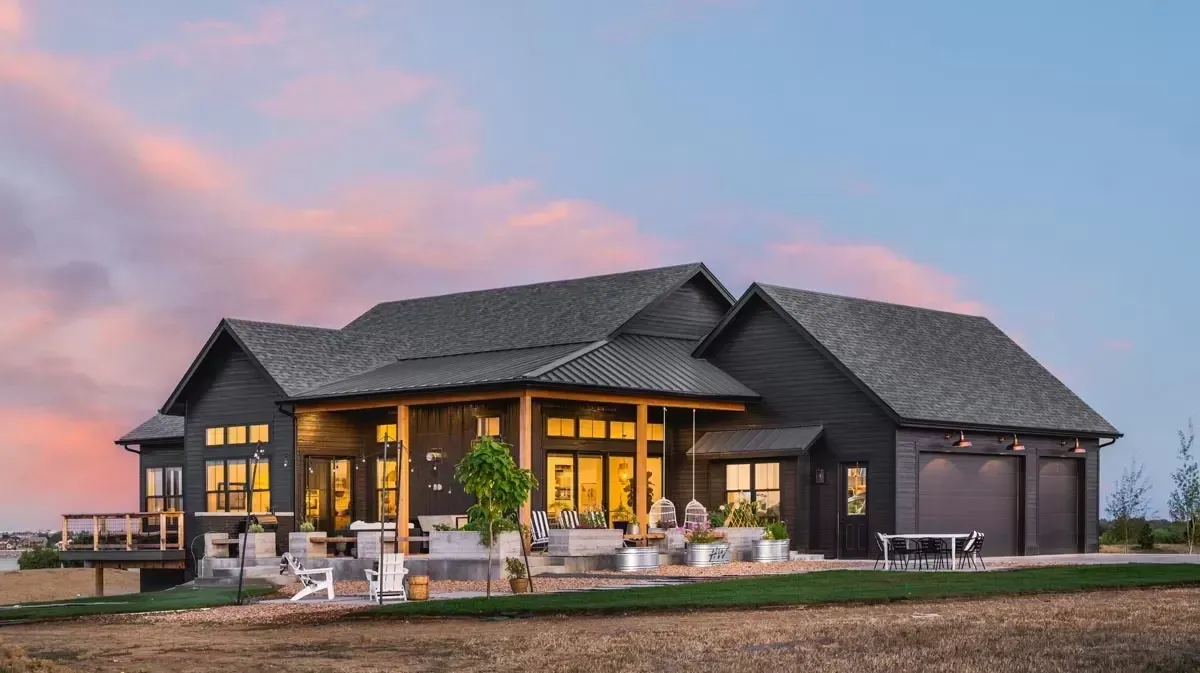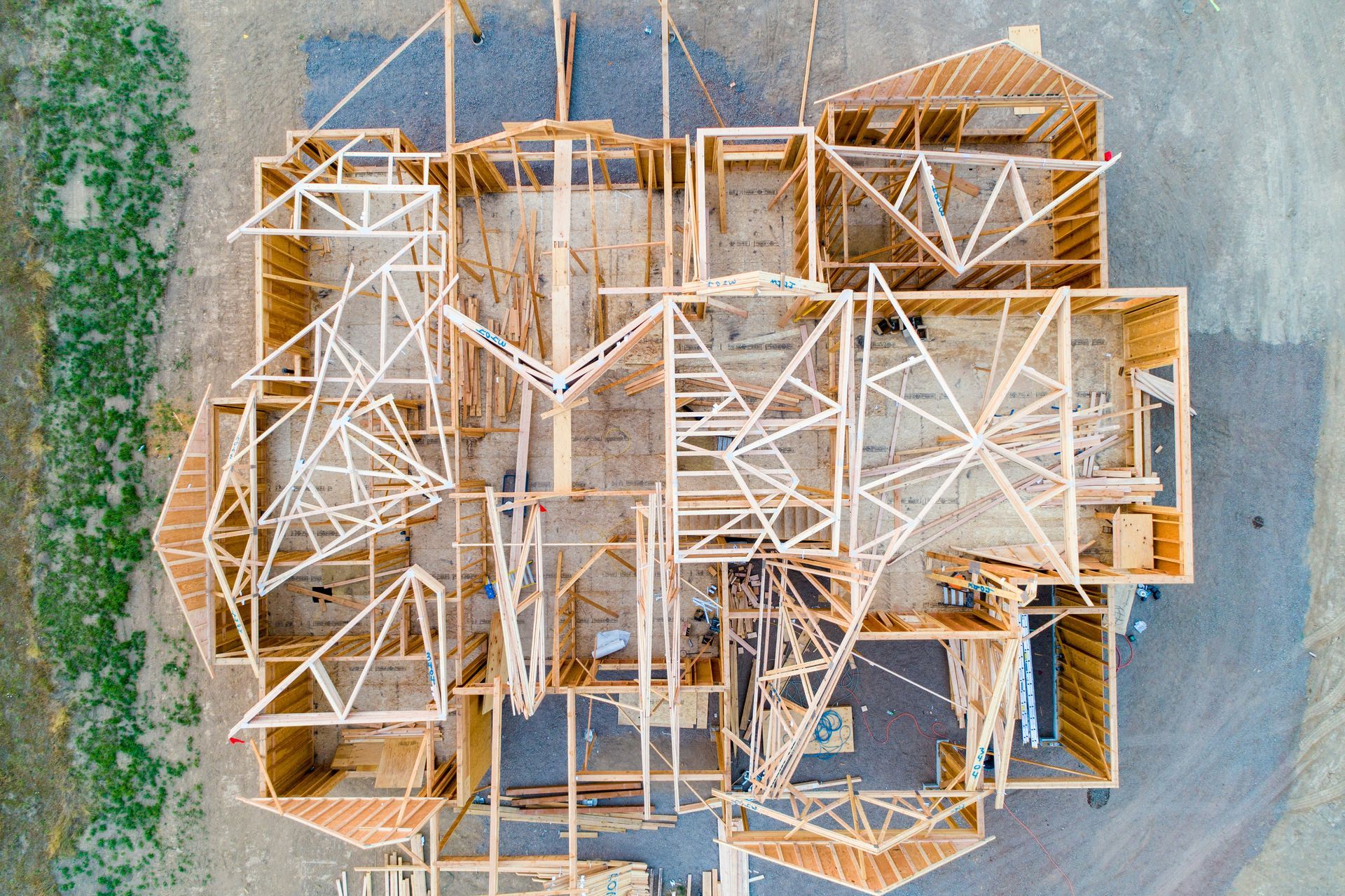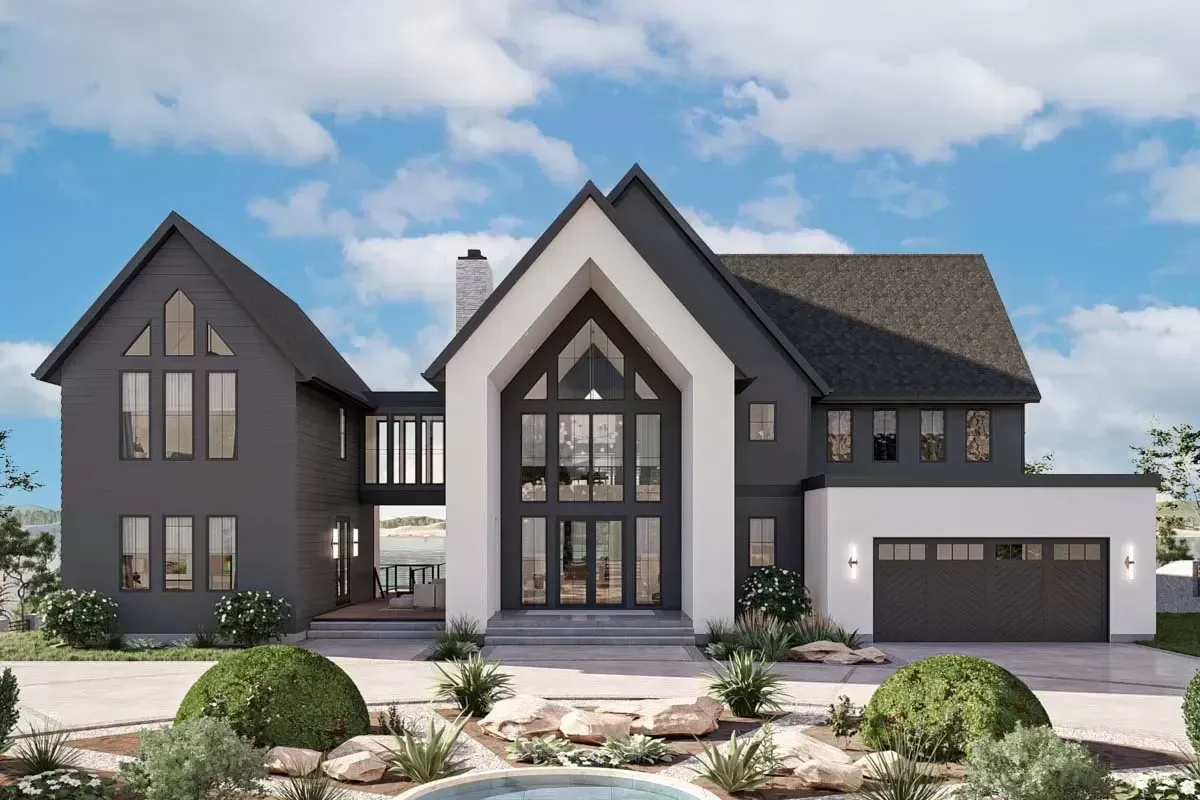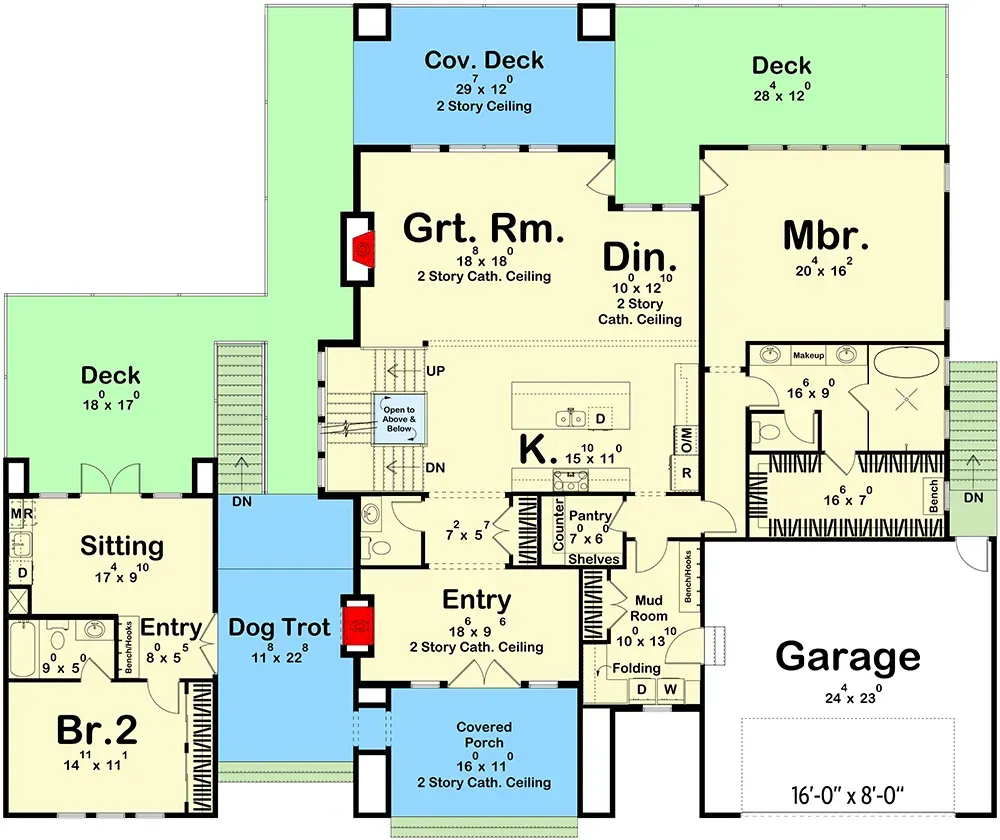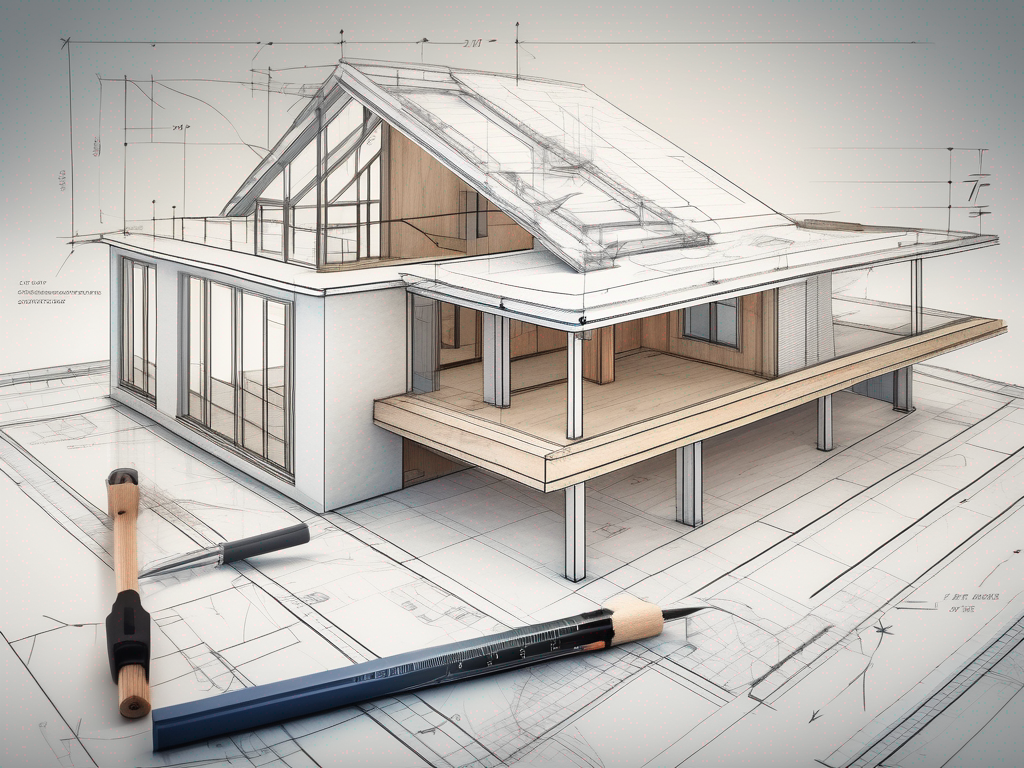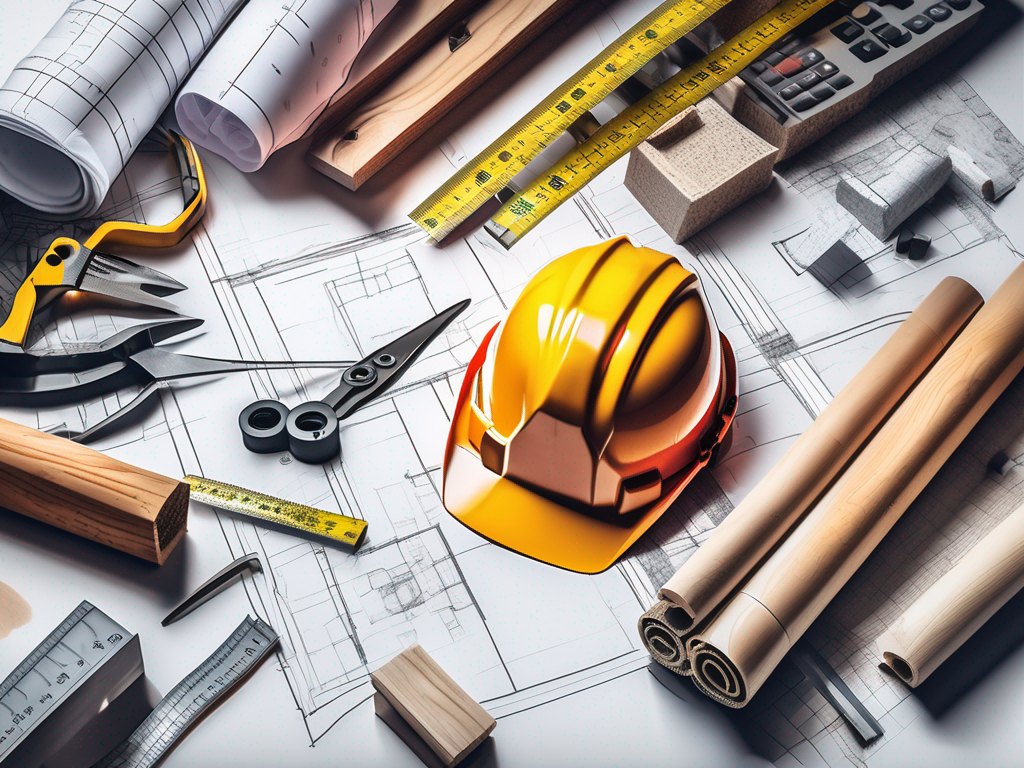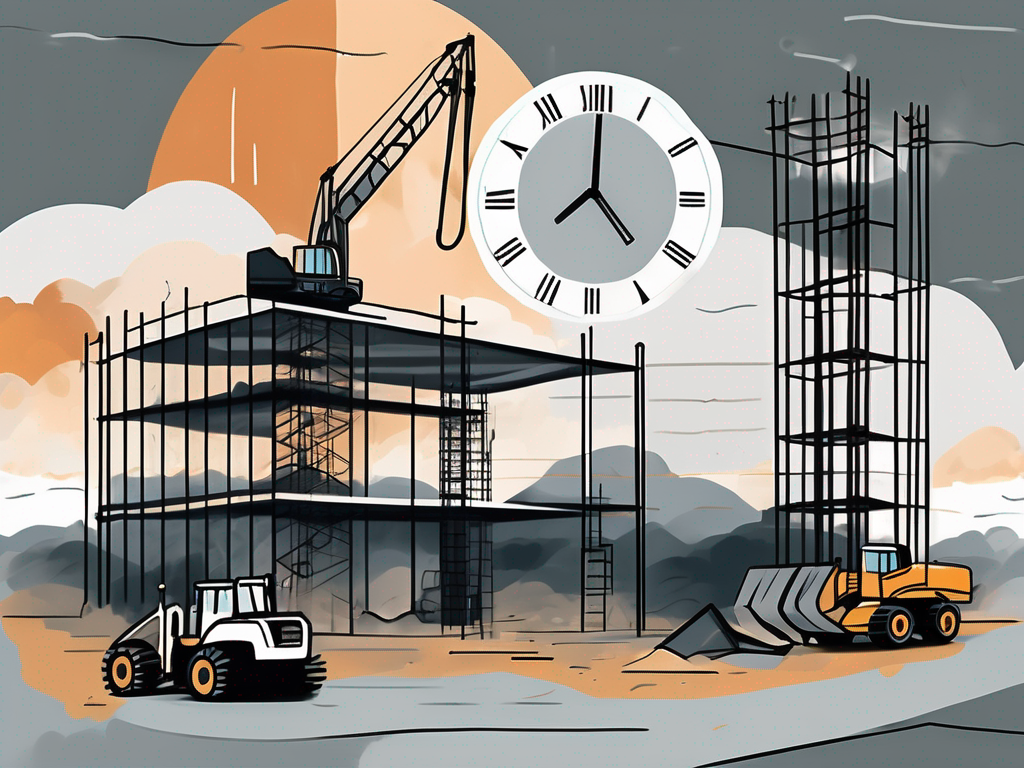Custom vs. Pre-Designed Homes: Which is Right for You?
Custom vs. Pre-Designed Homes: Which is Right for You?
Choosing between custom and pre-designed homes is a significant decision that will impact your lifestyle, finances, and overall satisfaction with your living space. In this article, we delve into the various aspects of both types of homes, discussing their definitions, pros and cons, and the factors you should consider before making a choice. By the end, you'll have a clearer understanding of which option suits your needs better.
Understanding Custom and Pre-Designed Homes
When it comes to homebuilding, it's essential to understand the fundamental differences between custom and pre-designed homes. Each option comes with its unique set of advantages and challenges, which we will explore in detail.
Defining Custom Homes
Custom homes are designed and built according to the specific preferences and requirements of the homeowner. This type typically involves working with an architect and a builder to create a unique blueprint that reflects the homeowner's vision, lifestyle, and needs.
The custom home building process allows for a significant range of choices, from the layout and the materials to the finishing touches and landscaping. Homeowners often have a say in every facet of the design, resulting in a tailored living environment. This level of personalization can also extend to energy efficiency features, smart home technology integration, and even sustainable building practices, allowing homeowners to create not just a house, but a home that aligns with their values and aspirations.
What are Pre-Designed Homes?
Pre-designed homes, often referred to as "spec homes" or "production homes," are built based on existing plans created by a builder. These homes typically come with several floor plan options, and buyers can choose from available packages that include features like finishes and appliances.
This option usually streamlines the home-buying process, as the designs are already finalized, and construction times are often shorter. Pre-designed homes are usually found in planned communities or developments, offering a level of consistency and appeal that many buyers appreciate. Additionally, these homes often benefit from economies of scale, which can lead to lower costs per square foot compared to custom builds. Buyers may also find that these homes come with warranties and established community amenities, such as parks and recreational facilities, enhancing the overall living experience.
The Pros and Cons of Custom Homes
Understanding the advantages and disadvantages of custom homes can help you identify if this option works well for your individual context.
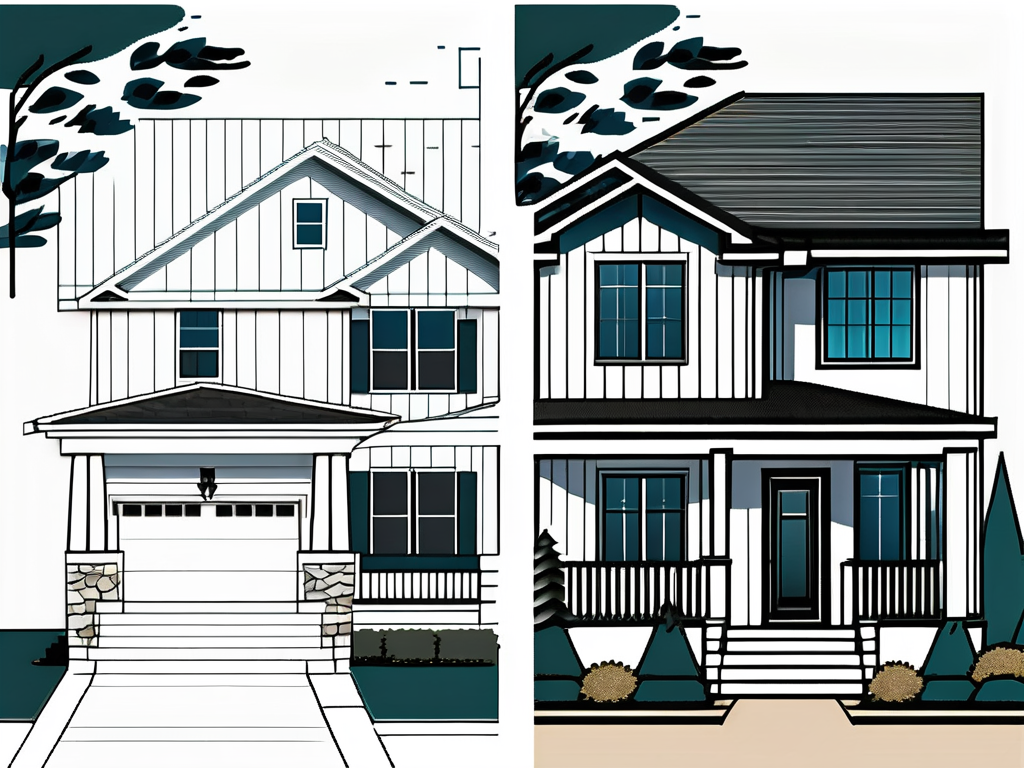
Advantages of Custom Homes
Custom homes provide the ultimate flexibility in design. Homeowners can choose everything from the layout and number of rooms to the style and materials used. This level of customization can lead to a uniquely personal space that precisely meets the homeowner's needs. For instance, a family with young children might prioritize an open floor plan that encourages interaction, while a couple looking for a quiet retreat may opt for a more segmented layout with dedicated spaces for work and relaxation.
Additionally, custom homes tend to have higher resale value due to their unique architectural features and quality of finishings. Tailored features can attract future buyers who are looking for something special. Elements such as energy-efficient appliances, smart home technology, and sustainable materials not only enhance the living experience but also appeal to eco-conscious buyers, making the home more marketable in a competitive real estate landscape.
Disadvantages of Custom Homes
However, the custom home route does come with challenges. The most significant downside is often the cost, as creating a bespoke home can be considerably more expensive than buying a pre-designed one. Factors such as design fees, permits, and potential overruns can add up quickly. Additionally, homeowners may find themselves facing unexpected expenses during the building process, particularly if they decide to make changes mid-construction or if they encounter unforeseen site conditions that require additional work.
Moreover, the timeline for building a custom home can be longer than anticipated, leading to extended periods of waiting and uncertainty. Delays can arise from various sources, including weather conditions, supply chain issues, or contractor availability. This extended timeline can be particularly stressful for families who are eager to move in and settle down, as they may need to find temporary housing or deal with the logistical challenges of living in a transitional state. Furthermore, the emotional investment in the design and construction process can add to the pressure, making it essential for homeowners to maintain clear communication with their builders and set realistic expectations from the outset.
The Pros and Cons of Pre-Designed Homes
Pre-designed homes also have their own set of benefits and drawbacks, which are important to weigh when deciding on your future home.
Benefits of Pre-Designed Homes
One of the main advantages of pre-designed homes is the cost-effectiveness. Because these homes are built using standardized plans, the builder can save on labor and material costs, typically translating to a lower price for the buyer.
Additionally, pre-designed homes often have a quicker turnaround time. If you need a home sooner rather than later, available models may allow you to move in within weeks or months instead of waiting for a custom build. This is particularly beneficial for first-time homebuyers or those relocating for work, as it alleviates the stress of prolonged housing uncertainty.
Moreover, many pre-designed homes come with modern amenities and energy-efficient features that can lead to long-term savings on utility bills. Builders often incorporate the latest technology and sustainable materials into their designs, making these homes not only affordable but also environmentally friendly. This focus on efficiency can provide peace of mind for buyers who are conscious of their carbon footprint.
Drawbacks of Pre-Designed Homes
Conversely, pre-designed homes offer limited customization. Buyers may have some choices regarding finishes and layouts, but the fundamental design tends to be fixed, which can be a disappointment for those with specific preferences. This lack of personalization may lead to a sense of compromise, as homeowners might have to adapt their lifestyle to fit the existing design rather than the other way around.
Furthermore, because these homes are built in larger quantities, you may find them less unique, which could diminish your sense of personal ownership and identity within your space. Living in a community where many homes look alike can sometimes create a feeling of monotony, and it may be challenging to express individuality through landscaping or exterior modifications due to community guidelines. Additionally, the resale value might be impacted if the market is saturated with similar models, making it crucial for buyers to consider the long-term implications of their choice.
Factors to Consider When Choosing Between Custom and Pre-Designed Homes
Before making a decision, consider the following important factors that can greatly influence your experience.
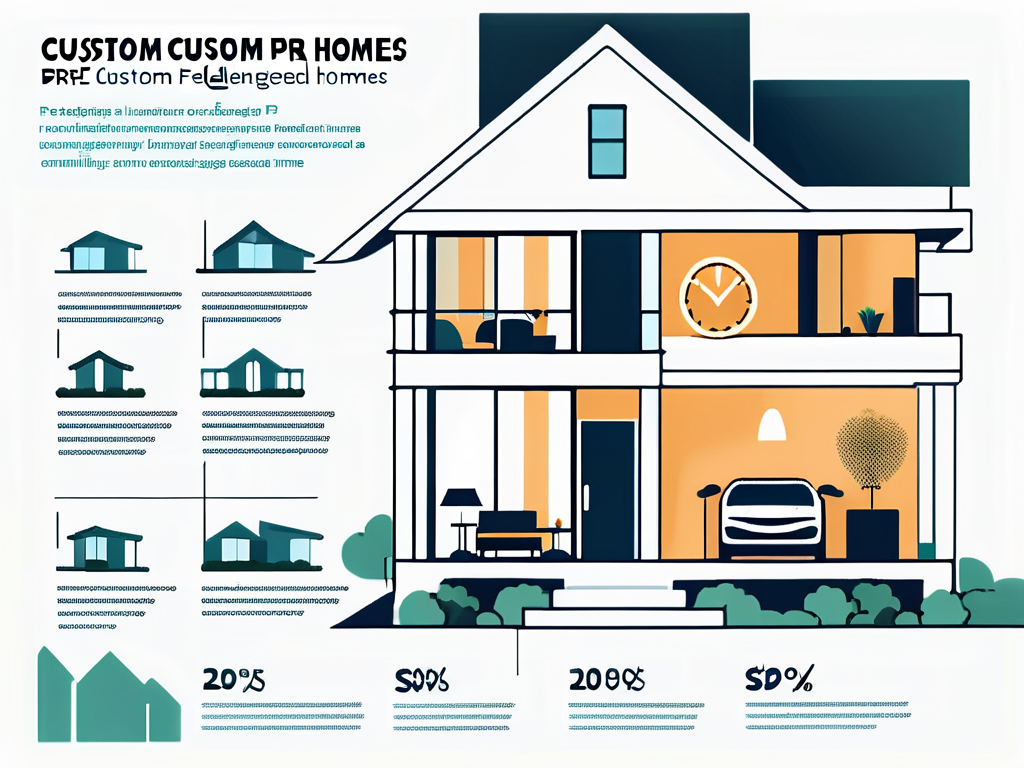
Budget Considerations
Budget is often the leading factor in deciding between custom and pre-designed homes. If you have a flexible budget and prioritize architectural design, a custom home may be the right choice. However, if you are cost-sensitive, a pre-designed home might fit better. Additionally, it’s essential to factor in not just the initial costs, but also long-term expenses such as maintenance, property taxes, and potential renovations. Custom homes can sometimes lead to unforeseen costs during construction, while pre-designed homes often come with fixed pricing that can make budgeting easier.
Time Constraints
Consider how urgently you need to move into your new home. Custom homes typically take longer to build due to the design process. Conversely, if you have time constraints, pre-designed homes usually allow for a faster move-in date. Moreover, the timeline for custom homes can be affected by various factors such as weather conditions, availability of materials, and contractor schedules. If you’re relocating for a job or have family commitments, the quicker turnaround of a pre-designed home can provide much-needed peace of mind.
Personal Preferences and Lifestyle
Your lifestyle should heavily influence your decision. Do you prioritize having a unique living space tailored to your needs? Or do you value convenience and speed? Analyzing your personal preferences will guide you toward the right choice. For instance, if you enjoy hosting gatherings or require specific features like a home office or gym, a custom home allows you to incorporate these elements seamlessly. On the other hand, pre-designed homes often come with established layouts that have been tested for functionality, which can be beneficial for those who prefer a more straightforward approach to home design.
Additionally, consider the community and neighborhood aspects that may come into play. Custom homes may allow you to choose a location that fits your lifestyle, whether that’s proximity to schools, parks, or urban amenities. Pre-designed homes, however, are often situated in established neighborhoods, providing immediate access to community resources and social networks. Understanding how each option aligns with your lifestyle aspirations can significantly impact your overall satisfaction with your new home.
The Building Process: Custom vs. Pre-Designed Homes
The building processes for custom and pre-designed homes vary significantly, which can influence your decision.
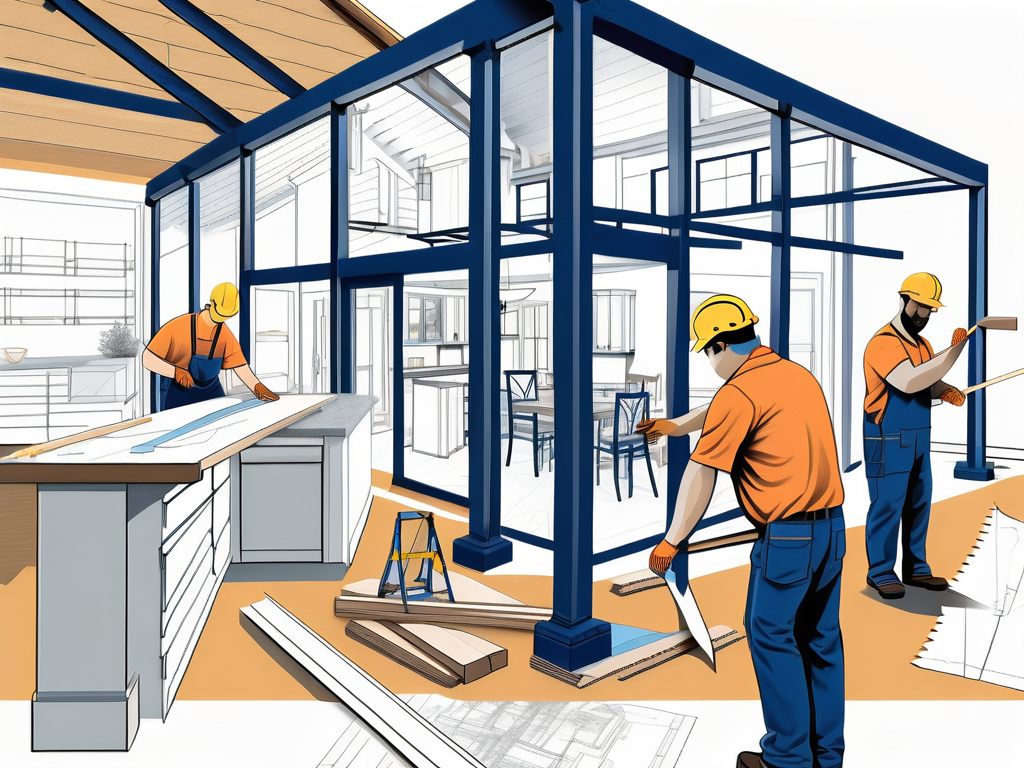
The Custom Home Building Process
The custom home building process involves several stages, including initial planning, land acquisition, design development, obtaining permits, and the actual construction phase. It's essential to have good communication with both your architect and builder to ensure everything aligns with your expectations.
Working with experts such as TurnKey Homes can streamline this process by providing guidance and support, helping you navigate the myriad of decisions you will face.
The Pre-Designed Home Building Process
In contrast, the pre-designed home building process typically involves selecting a model, choosing finishes, and securing financing, followed by construction. The timeline can be more predictable, as homes are built regularly based on set plans. This can be appealing for buyers who prefer a more straightforward process.
Additionally, TurnKey Homes often assists clients in navigating the pre-designed home market, ensuring you make informed choices that align with your preferences and budget.
Summary
- Custom homes provide unique design flexibility but come at a higher cost and longer build time.
- Pre-designed homes are more budget-friendly and quicker to construct but offer limited customization.
- Consider budget, time constraints, and personal preferences when deciding.
- The building process varies greatly between custom and pre-designed homes.
The choice between custom and pre-designed homes ultimately depends on individual needs, circumstances, and preferences. By carefully weighing the pros and cons of each option and consulting with experts like TurnKey Homes, you can make an informed decision that will enhance your quality of life in your new home.
Let’s talk about your project
Fill out the form, or call us to set up a meeting at
We will get back to you as soon as possible.
Please try again later.
